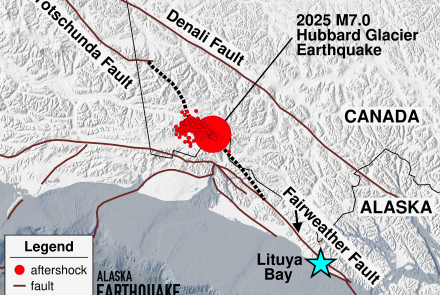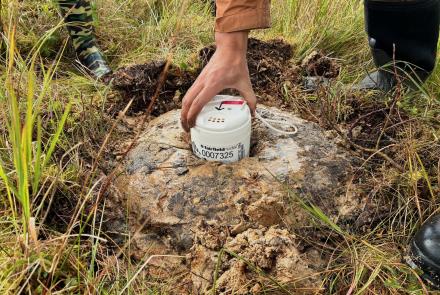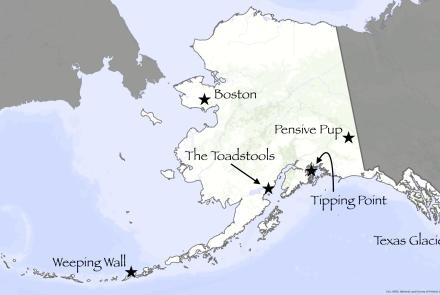Freezing of Open Containers of Water
Why is it that a pail of hot water set outside in cold water sometimes freezes faster than a similar pail of cold water?
More than one scientist has given the flippant answer "Impossible!" to this question and then been suitably embarrassed after learning that it is possible for hot water in an open container to freeze faster than an identical container of cold water. A more cautious person, Dr. D.G. Osborne of University College at Dar es Salaam, Tanzania, commented on this problem by stating, "No questions should be ridiculed, for everyday events are seldom as simple as they seem and it is dangerous to pass a superficial judgment on what can and cannot happen."
Actually, the question about whether hot water can freeze faster than cold water is an old one. In 1620, the English philosopher Francis Bacon noted, "water slightly warm is more easily frozen than quite cold." Only in recent years has enough been learned about the physics of freezing water to explain this seemingly unlikely phenomenon.
The best explanation I have found is given by Canadian scientist G.S. Kell, writing in the American Journal of Physics in 1969. Dr. Kell presents calculations and experiments which show that an open container of almost-boiling water cooled only by evaporation from the top surface can lose, through evaporation, up to 26% of the original mass of water by the time the remaining 74% turns to ice. That evaporation takes place relatively quickly from the surface of hot water and very slowly from a surface of cold water.
Hence, if one places a wooden or other insulating bucket filled with hot water out in the cold, and places beside it a similar bucket equally filled with cold water, the two will evaporate unequally. By the time both come down to the same temperature, a temperature still above freezing, the bucket originally containing hot water will contain less water than the one originally filled with cold. If the walls of the buckets are vertical, both liquids contained therein still have the same surface area exposed to air; so the rate of evaporation from this time on is essentially the same in both. Since cooling is presumed to continue to be only by evaporation, the bucket with the least water must reach freezing temperature the soonest.
Dr. Kell notes that, if cooling is by evaporation alone, a volume of water starting at near 100°C (the boiling point) will totally freeze in 90% of the time taken by an equal volume at about room temperature.
My experience is that it is pretty hard to make hot water freeze faster than cold. Several tests with metal containers--which, of course, are highly conducting--results in the cold water freezing first. In one instance I was able to freeze the hot water first. To do it, I set two Styrofoam cups in holes carved in a block of Styrofoam to minimize conduction of heat through the cups. Even then, the cold water usually froze first. But when I put water at 19°C (66°F) in one cup and near boiling water in the other and placed them in a freezer at -15°C (5°F), the initially-hot water froze first.
This is the type of experiment anyone in the North can do easily, especially in winter, so there is no reason to take anyone else's word about what happens. If you do attempt the experiment, it is important that equal volumes of hot and cold water be placed in identical containers and that the containers be placed in uniform freezing conditions.




